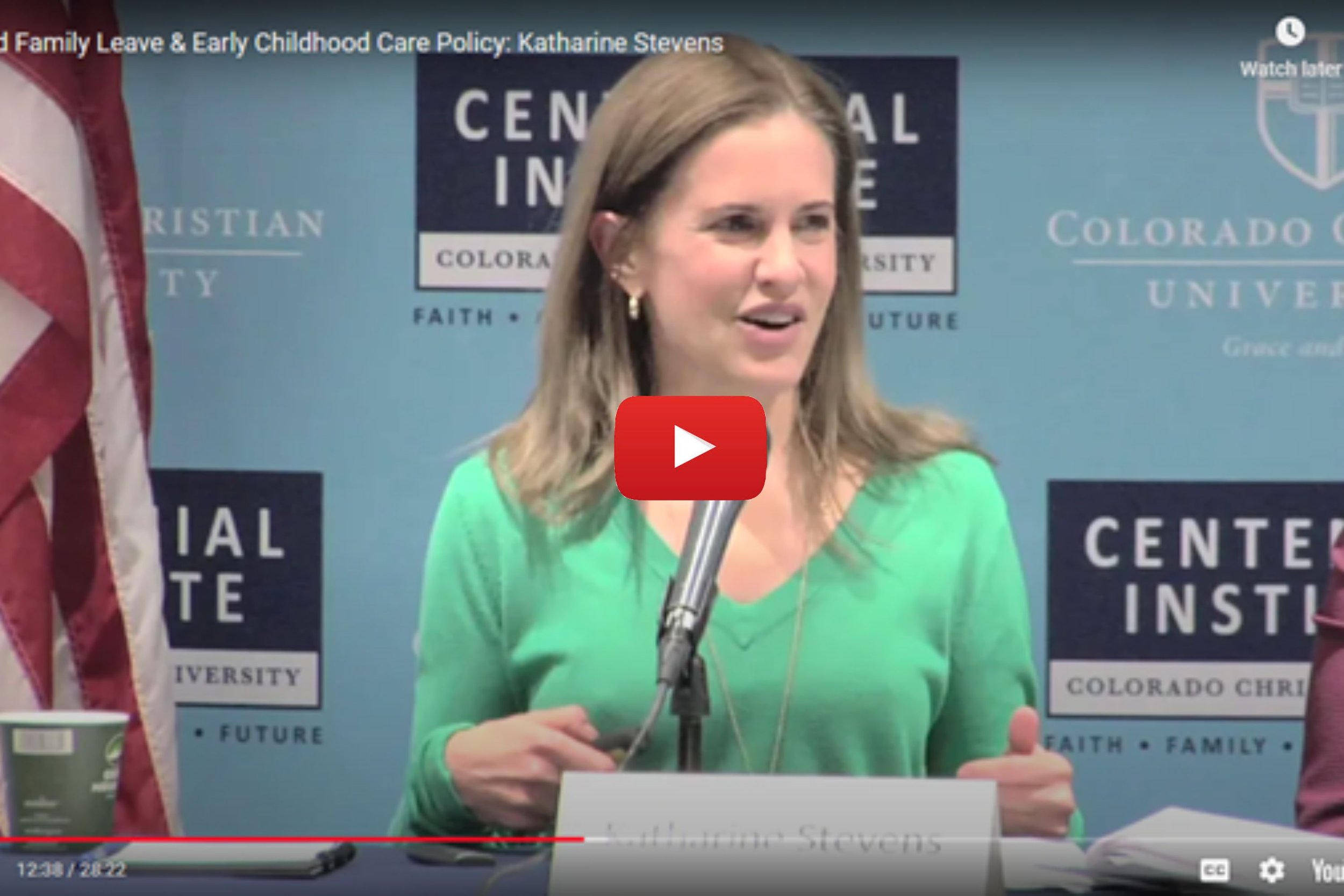All Work
Early Childhood Education
Why Children Can’t Read — and What We Can Do About It
Early reading proficiency is a crucial predictor of school, work, and life success. But a deeply flawed idea about how to teach reading is widening early inequalities, setting millions of children up to fail.
Closing the Achievement Gap | IN 60 SECONDS
Research tells us that the achievement gap doesn’t originate in schools; a half century of history tells us it can’t be closed by schools either.
Expanding New Mexico State Pre-K Would Be A Costly Mistake
A state-funded New Mexico study reports “statistically significant” improvements in children’s outcomes, which in real life are essentially meaningless.
Why Expanding New Mexico State Pre-K Won't Help the Children Who Need Help the Most
New Mexico’s Legislative Finance Committee (LFC) recently concluded that “prekindergarten remains a cost-effective way to improve student outcomes.” But the data they present cites does not support that conclusion.
Is Universal Child Care Universally Beneficial?
Nobel laureate James Heckman recently made waves among early childhood advocates when he said he is not a promoter of universal pre-K. In this episode, Katharine Stevens joins Ian and Naomi for a riveting discussion on James Heckman’s research and the case for providing targeted, high-quality care to disadvantaged children rather than universal pre-K.
New Horizons for Early Education — Interview with Chad Dunkley
New Horizon Academy CEO Chad Dunkley sits down with Katharine Stevens to explain what's key to providing high-quality childcare, the important role of for-profit providers, and what he sees as a constructive federal role in ensuring good childcare for all children who need it.
Going Upstream: Closing the Achievement Gap Before It Starts
Leaders from Public Prep and the Parent-Child Home Program explain their innovative, new partnership, followed by a panel discussion on the potential of K–12 collaboration with early childhood and the implications of including birth-to-kindergarten in federal education law.
Closing the Achievement Gap Before It Starts
While good schools are important to children’s success, education really means human development, not schooling. And the educational opportunities that children most need to succeed begin not in school but before they can walk.
Executive Function Skills — Interview with Stephanie Carlson
Dr. Stephanie Carlson explains how the development of executive function skills in early childhood profoundly affects lifelong ability and achievement.
The Centennial Institute's Distinguished Policy Lecture: Early Childhood Care & Education
Katharine Stevens joins a panel of experts at the Centennial Institute for a discussion of market-based policies that strike a healthy balance between family wellbeing and a prosperous economy.
A Breakthrough Federal Initiative in Early Care and Education
The Preschool Development Grants B–5 program is perhaps the federal government's most thoughtful and comprehensive approach to early childhood care and education to date — and a notable departure from previous federal initiatives.
A Federal Performance Partnership for Early Childhood
States increasingly recognize childcare’s critical impact on children’s early learning and development. Yet to support growing state efforts to provide low-income working families with adequate access to high-quality care, we must fix dysfunctional and fragmented federal funding streams.
Nature and Nurture: Can New Science Inform Child Policy? – Interview with Jack Shonkoff
A scientific revolution is changing the way scientists and researchers think about how early life experiences affect genetic predispositions.
Military Readiness and Early Childhood: What Is the Link?
Four retired military leaders join Katharine Stevens to discuss how high-quality early childhood programs can help prepare more children for success in school and in life, including in the military for those who choose to serve.
The Importance of the First Five Years: Katharine Stevens’ Testimony on Capitol Hill
Today’s early care and education programs must have two purposes. First, support parents’ work in a 24/7 economy, and second, advance children’s healthy growth and learning during the most crucial period of human development.
Promoting State Leadership: A Federal Strategy for Advancing High-Quality Care and Education for Young Children
We must find new ways to promote and leverage growing state commitment to early childhood, to incentivize state innovation, and to highlight strategies and activities of currently leading states.
What Does Early Childhood Have to Do with America’s Workforce Problem? A Lot, Actually
Business leaders have long understood the importance of a well-educated workforce to support a strong economy, keep America competitive globally, and ensure a vibrant democracy.
Federal Early Care and Education Programs: Advancing Opportunity through Early Learning
A two-generation approach that eliminates silos between current federal programs and reduces regulatory and fiscal barriers to innovation can break the cycle of intergenerational poverty — advancing opportunity for two generations simultaneously.
The Good and Bad in Virginia’s 2016 School Readiness Report Card
Done right, high-quality early childhood programs can help to level the playing field for disadvantaged kids before they enter school. But no program can inoculate children to the damaging effects of poor-quality education down the line.
Does ‘Issue 44’ Help Poor Kids?
It’s hard to see how funneling a little more money into a badly underperforming, inefficient system will result in the “high quality” schools promised by Issue 44 promoters.





















